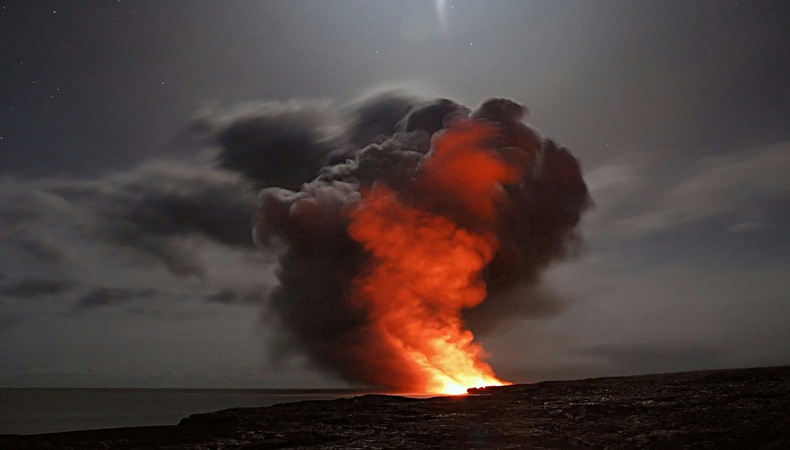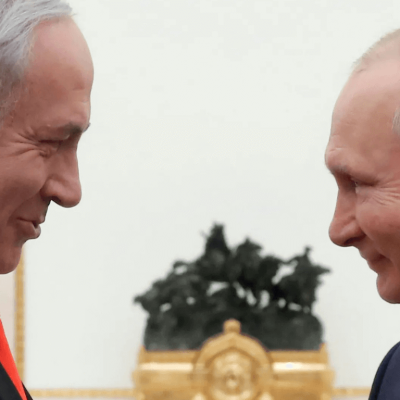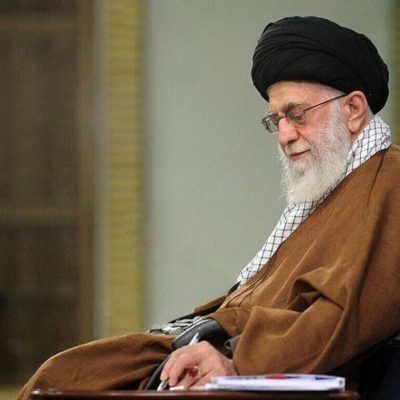The Urgent Race to Prevent a Full-Scale War in the Middle East

As diplomatic efforts became more intense in an attempt to stop an all-out conflict that may sweep over the Middle East, the area sits on the brink of an abyss. Results from negotiations meant to stop Israel’s unrelenting military campaign in Gaza have thus so far been lacking, forcing the area into a more general and disastrous confrontation closer. Analysts are warning that the situation might spin out of control within days, starting a chain reaction that might destabilize the whole area, as the spectre of Iranian reprisal gets ever more prominent.
Possibly Explosive Situation
One cannot emphasize the weight of the circumstances. With Iran apparently on the verge of launching a retaliation strike, the murder of a Hamas commander in Tehran, mostly blamed to Israel, has set tensions dangerously high. International observers are gravely concerned about the possibility for such an escalation since it may attract other regional powers and result in a far more extensive conflict. In response, US Secretary of State Antony Blinken is set to meet Monday Israeli Prime Minister Benjamin Netanyahu in what is said to be a last-ditch attempt to broker peace.
Human Cost of the Gaza Conflict
The humanitarian situation in Gaza has gotten to a breaking point meanwhile. With the death toll in the enclave already over 40,000, an astounding amount that emphasizes the extreme misery the continuous conflict causes. The diplomatic efforts have become more urgent in light of this terrible milestone since the world community aims to stop more carnage and avoid the situation from escalating into even more catastrophic crisis. Fresh diplomatic initiatives started in Qatar this week reflect the worldwide worry over the possibility of a larger war with far-reaching effects. This is the revived drive for peace.
Iran and Hezbollah: The Threat That looms
The stakes have been much raised by the likelihood of Iranian and Hezbollah participation in the war. The purported Mossad operation last month that resulted in the murder of Hamas leader Ismail Haniyeh in Tehran has set off a series of events that might bring Iran and Hezbollah straight into conflict with Israel. Another strike aimed at Hezbollah top official Fuad Shukr just hours before Haniyeh’s killing further stoked conflict. Now a very serious and urgent issue, the possibility of coordinated strikes by Iran and Hezbollah in response against Israel may send the area into a full-scale conflict.
The worldwide stakes of a possible conflict
Wider conflict in the Middle East has significant worldwide consequences. Apart from upsetting the area, such a battle might have major consequences for geopolitics, energy markets, and world security as well as for geopolitical alliances. Aware that the result of these diplomatic initiatives could define the Middle East’s future for years to come, nations all over are intently observing the situation. A nightmare scenario the world has to avoid is the possibility of a conflict dragging in several countries upsetting world energy supply and igniting fresh waves of radicalism.
The Need of a Mediated Solution
The need of a peaceful conclusion to the problem becomes progressively more clear as the clock runs out. One of the last chance to stop the situation from spiraling out of hand is the forthcoming conference between Blinken and Netanyahu. Should these negotiations fail, the repercussions might be severe, with the area maybe spiraling into a war that would wipe out millions of lives and generate an unparalleled humanitarian disaster.
The world has to come together in these stressful and doubtful times to negotiate a long-lasting peace and a ceasefire. The other is too terrible to consider: a burning area where many innocent lives hang precariously. Whether the Middle East can pull back from the brink of catastrophe or if it will be thrown into a confrontation that might permanently alter the area for next generations depends on the next few days.




